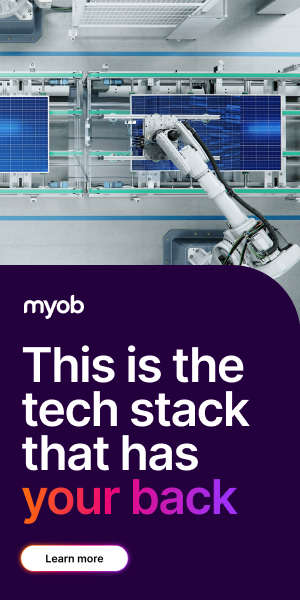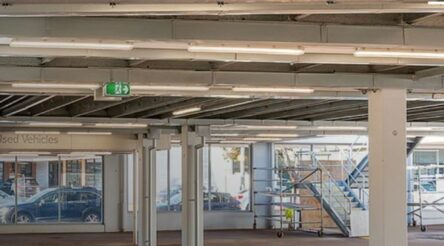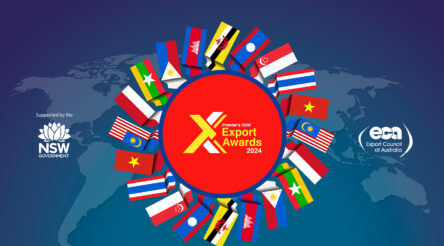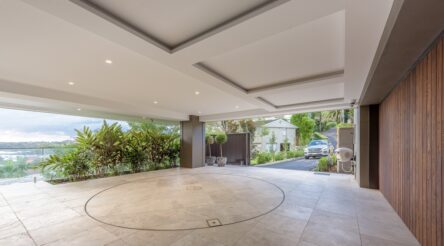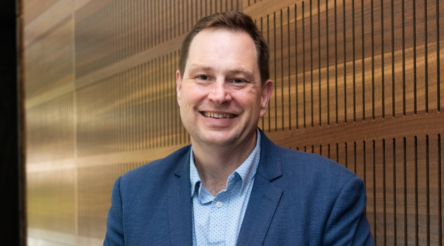Manufacturing news briefs — stories you might have missed
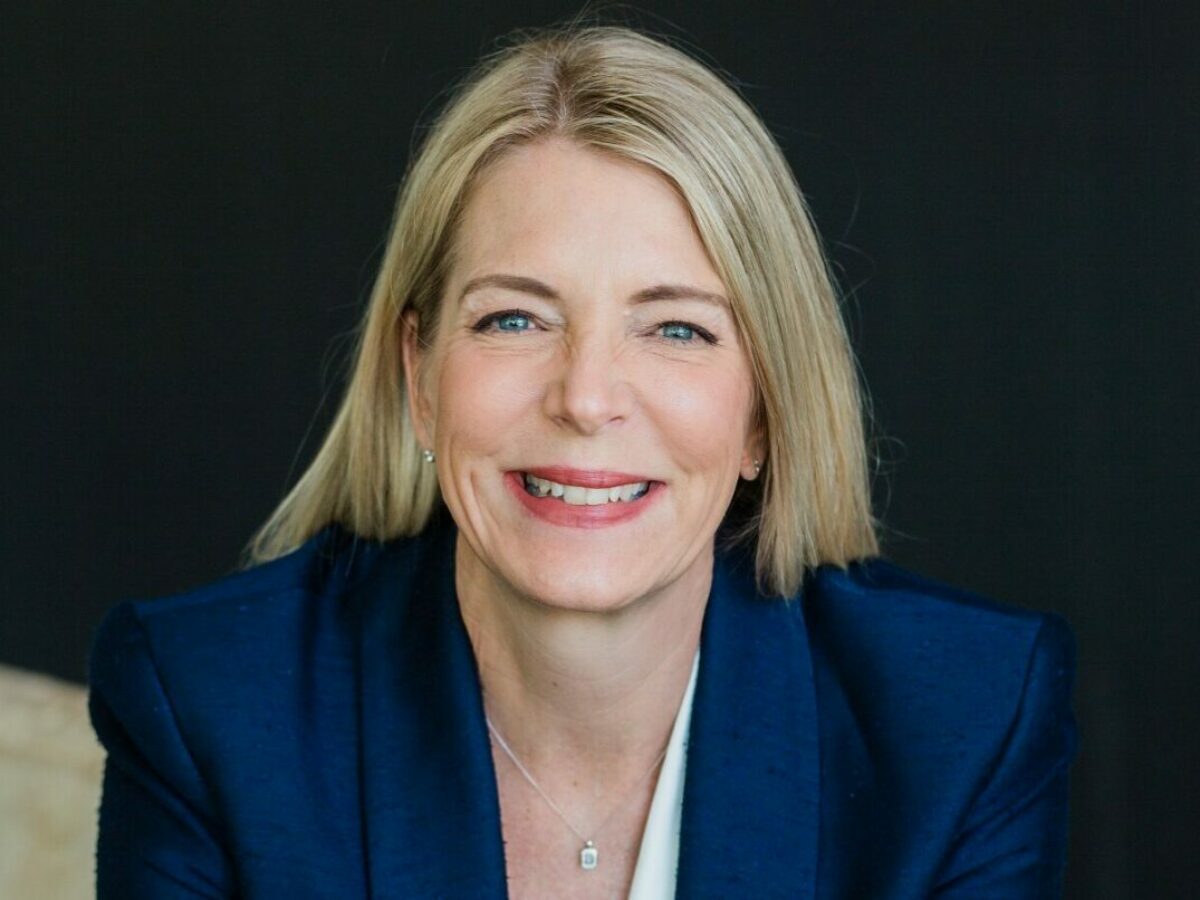
Rio Tinto spends up big with local suppliers
Rio Tinto increased its spend with suppliers and local businesses in Australia to more than $16.1 billion in 2023, as part of the company’s commitment to support communities where it operates. This was an increase of five per cent on the previous year and was spent with more than 5,800 businesses, including more than $727 million was spent with 168 Indigenous businesses. Indigenous business spend was up 29 per cent on the year before. There was also a 25.5 per cent increase in spending with local businesses across Australia to $1.2 billion dollars. Rio Tinto Chief Executive, Australia Kellie Parker said: “For Rio Tinto to have a long-term future, we need the communities where we operate to be successful and prosperous. We strive to employ locally and buy locally in Australia – especially from Indigenous, small and regional businesses.”
Electro Optic Systems repays debt on schedule
Defence and communications manufacturer Electro Optic Systems has completed a debt repayment for the amount of $20.5 million on schedule. This follows the repayment of $26.9 million in September 2023 under a separate 12-month working capital facility. This means that EOS has now repaid, on schedule, 50 percent of the principal amounts originally due to investment house Washington H. Soul Pattinson and 100 percent of the Working Capital Facility amounts with the only outstanding amount relating to a Term Loan Facility. A $52.1 million repayment due due in October 2025 for the Term Loan Facility includes principal, establishment fees and interest accrued to date. EOS is also required to pay interest each month, totaling approximately $19.0 million over the remaining term of the debt.
Travelan’s strong sales in the United States
Biopharmaceutical company Immuron has announced record sales (unaudited) of Travelan, its over-the-counter immune supplement that targets pathogenic bacteria and the toxins they produce in the gastrointestinal (GI) tract. Sales of Travelan increased 250 per cent in Australia to $2.7 million FYTD March 2024. Sales increased 70 percent to $0.9 million in the March 2024 Quarter In the United States sales of Travelan increased 35 percent to $0.8 million FYTD March 2024. International visitor departures from the United States in November 2023 were 1 percent higher than in November 2022.
Traffic Technologies’ revenue down – report
Smart street sign, lighting and traffic light manufacturer Traffic Technologies has reported revenue for the 9 months ended 31 March 2024 of $26.5 million, down 39 per cent on the previous corresponding period. Operating revenue has been significantly affected by challenging supply chain issues, government delays on projects and capital constraints within the company’s existing working capital facilities. The outlook is however promising, according to the company, with a strong order book and term contracts with visibility greater than five years. Contracts and order wins were positive in the quarter including contracts to supply LED lighting across the Mornington Peninsula in Victoria, the supply of traffic controllers and software licences in China and LED traffic signalling equipment as part of the Gold Coast Light Rail in Queensland. “Demand for the Company’s products and services is well placed, with the increased infrastructure expenditure plans of government and municipal councils, due to our position as one of the largest, most established and proactively innovative traffic solutions provider in Australia.” The Company has developed a cost reduction programme to reduce the its’ cost base and consolidate the operating footprint of its activities.
Co-investment plan welcomed by AusBiotech
The nation’s biotechnology industry peak body has welcomed the launch of the Medical Science Co-Investment Plan on Monday, identifying four key investment opportunity areas: medical devices, complex therapeutics, digital health, and sustainability. The co-investment plan is the first of seven to be published, each representing a priority area of the federal government’s National Reconstruction Fund. AusBiotech’s Interim Chair Dr James Campbell said on Monday that: “Australia’s biotechnology industry has grown 40 per cent in the past two years, reinforcing the knowledge-based sector’s economic and social value and potential to Australia and Australians. In order for small and medium-sized companies to scale up and scale out, attraction of risk-tolerant patient capital across the pipeline remains critical.” AusBiotech participated in the department of industry’s medical science industry working group, and submitted “a comprehensive submission in response to the National Reconstruction Fund, both of which fed into the development of the Plan.”
VAILO installs new test equipment
LED lighting manufacturer VAILO has installed automated test equipment from Intemp, an Australian design and manufacturing company. According to a statement from Intemp, it was engaged by VAILO to design and commission a test room control system for locally manufactured LED sports lighting products. “The sophisticated test system included custom made measurement and control hardware, data logging, fault detection, bar code device identification, test room safety control, and a custom software application to simultaneously control test sequences and verification for up to 30 devices,” said Intemp. “The system applies configurable test sequences and verifies 210 channels of electrical and temperature information against pre-set thresholds, and can autonomously decide if certain fault scenarios should halt testing on a particular device or allow it to continue.” The main test control application allows operators to observe the status of testing, pause and resume testing at any time, and simultaneously run separate test programs on two different product batches. The test room has the capacity to operate up to 45 kilowatts of lighting.
UNSW awarded $6.3 million for decarbonisation research
UNSW researchers were awarded funding from the Australian Renewable Energy Agency (ARENA) last week, which will progress research on reduced carbon iron ore processing and hydrogen electrolysers. Projects led by Professor Yansong Shen and Scientia Professor Rose Amal received $4.4 million and $1.9 million under the Transformative Research Accelerating Commercialisation (TRAC) Program. The Shen Lab will develop new blast furnace technology for its “Renewable Injections-Sustainable Burdens (RISB) process project” will be led by Shen and involve partners from Rio Tinto, BlueScope Steel, Baowu Steel, ArcelorMittal, Cleantech Energy Australia, and Australian universities. Amal’s “Production, Multiphase Electrolysers for Renewable Ammonia Production” project partners with engineering and investment companies to accelerate the scaling-up and commercialisation of “OzAmmonia” technology.
CSIRO appoints Kirsten Rose as new Deputy Chief Executive
Australia’s national science agency, CSIRO, announced the appointment of Kirsten Rose (pictured) in the newly-created Deputy Chief Executive role on Monday. According to a statement, Rose “will help lead the strategic direction” of CSIRO, and focus on how it “engages and collaborates with the innovation ecosystem, while driving simplification and sustainability to increase the impact of science.” Rose has been CSIRO’s Executive Director Future Industries since 2020, leading a diverse portfolio that includes research in agriculture and food, human and animal health, biosecurity and manufacturing, as well as teams that deliver national scientific infrastructure and science and innovation-based services. CSIRO Chief Executive Dr Doug Hilton said Rose is an extremely well-respected leader, “who inspires, empowers, and collaborates. I am excited to see her bring those attributes to the role of Deputy Chief Executive.” Rose has held senior technical and innovation roles for over 25 years in the US, UK and Australia and was the Head of Innovation, Sustainable Operations at BHP prior to joining CSIRO.
Bygen raises $2.6 million
Activated carbon specialist Bygen has announced a $2.6 million Series A funding round, with Breakthrough Victoria investing $1 million, alongside Alberts Impact Ventures, Investible, Artesian and Startmate. Bygen has developed a low-cost, low-heat environmentally-friendly process to turn agricultural waste into activated carbon, using agricultural waste both as a source of carbon and heat for the activation process. Activated carbon has uses in environmental remediation and in filtering gases and liquids. Bygen’s low-temperature process enables higher adsorption of PFAS chemicals through their activated carbon. According to a statement from Breakthrough Victoria, the funds will support testing and establishment of Bygen’s large-scale production plant, with future plans to build more commercial plants in Australia and overseas. The startup expects to create up to 65 new jobs in Victoria over the next five years. “As we continue to grow our production capacity and expand the positive environmental impact that our sustainable activated carbon has in the market, having supportive backers like this is crucial,” said Bygen Co-founder and CEO, Dr Lewis Dunnigan. Dunnigan was a recent guest on the @AuManufacturing Conversations podcast, which is available here.
Picture: Kirsten Rose (credit CSIRO/Leo & Louise Photography)
Topics Alberts Impact Ventures Artesian ausbiotech biopharmaceuticals Breakthrough Victoria Bygen CSIRO Electro Optic Systems Immuron Intemp Investible James Campbell Kellie Parker Kirsten Rose LED lighting Lewis Dunnigan Manufacturing News pharmaceuticals Rio Tinto Rose Amal Startmate Traffic Technologies Travelan Vailo Washington H Soul Pattinson Yansong Shen
@aumanufacturing Sections
Analysis and Commentary Awards Defence Manufacturing News Podcast Technology Videos






